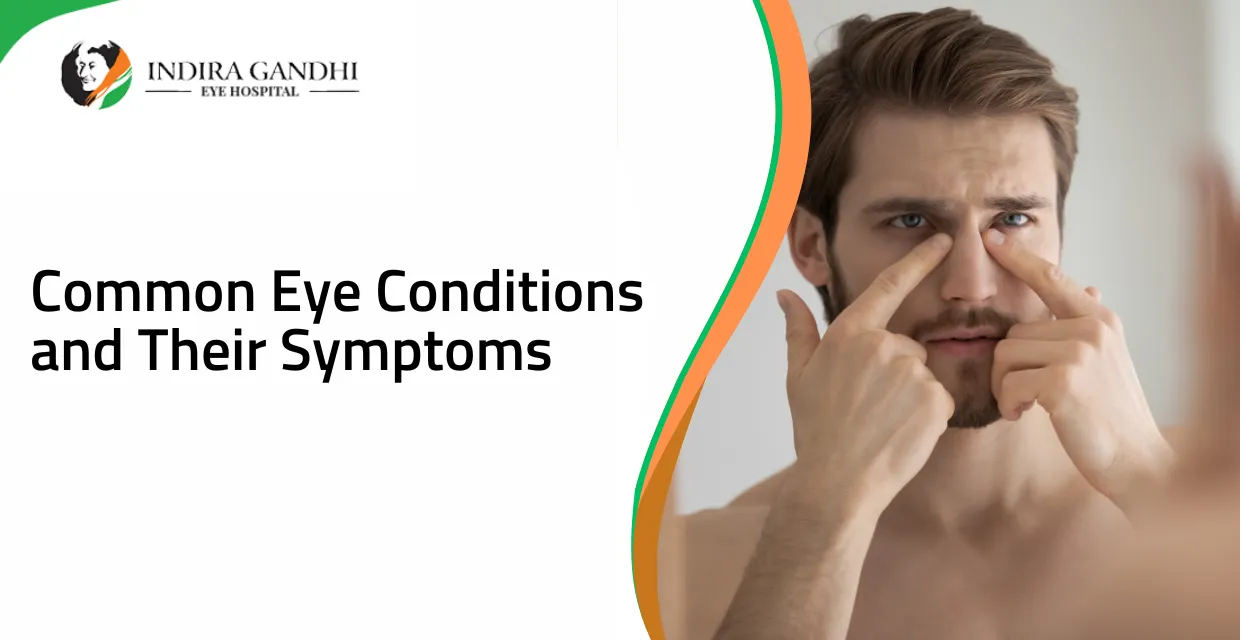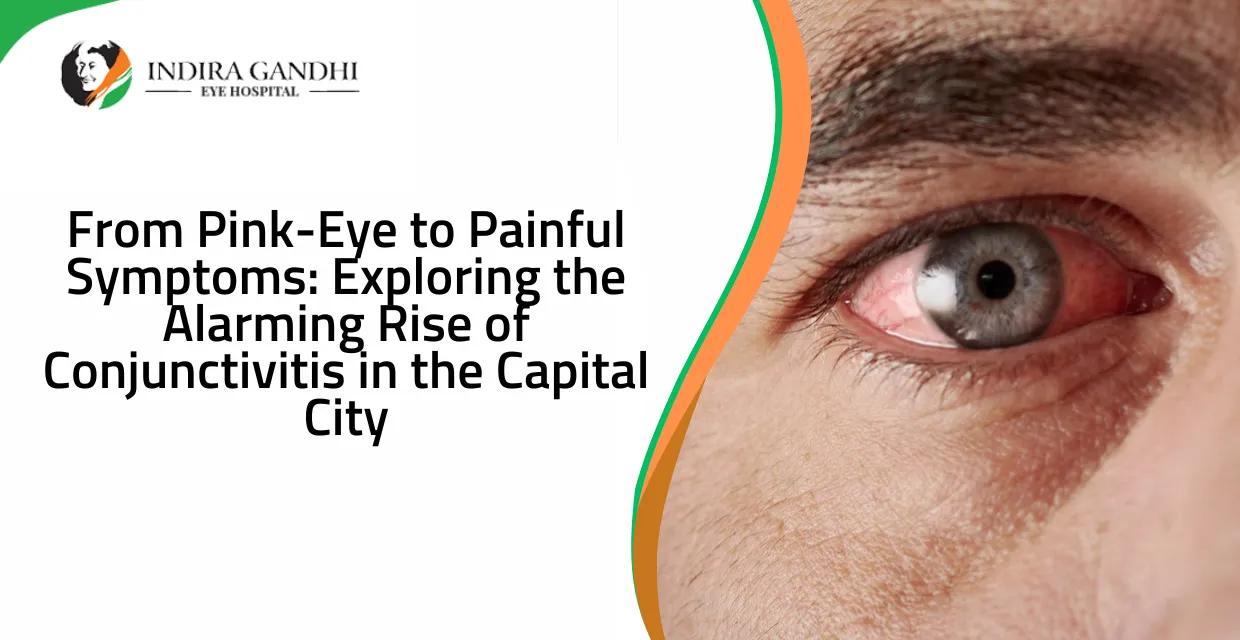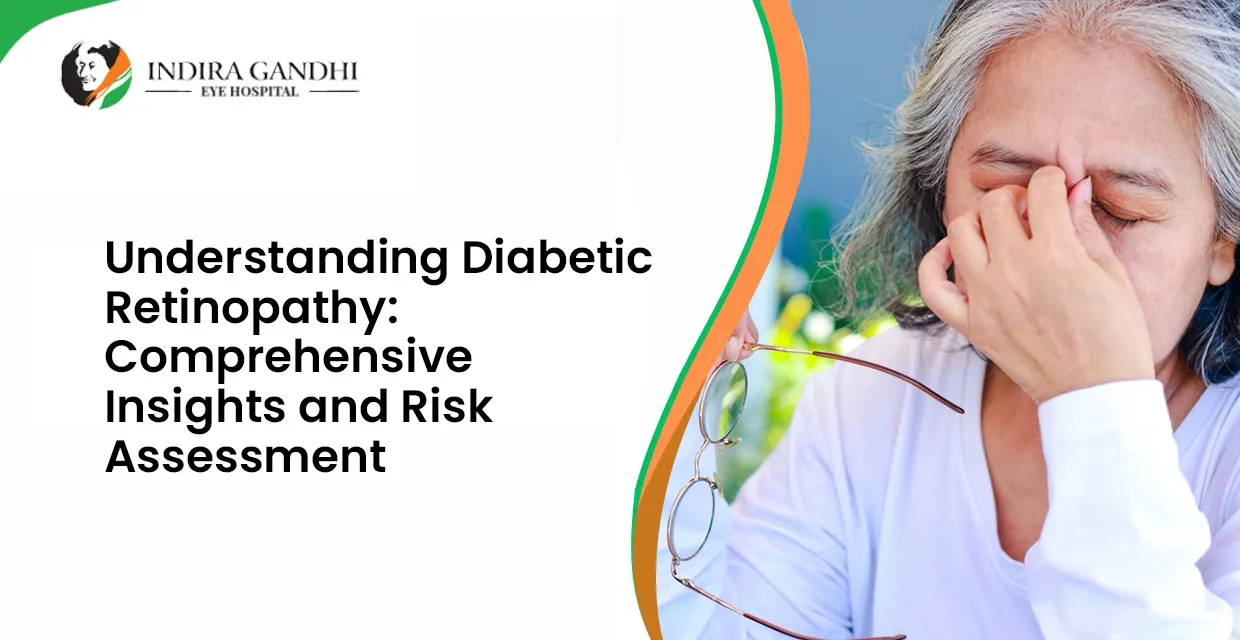Your eyes are an important part of your overall health, and taking care of them is important. Knowing the symptoms of common eye conditions can help you catch them early and receive the necessary treatment. Here are some common eye conditions and their symptoms:
Dry Eye Syndrome
Dry eye syndrome occurs when your eyes don't produce enough or the right balance of tears to keep them lubricated. Symptoms of dry eye syndrome include redness, itching, burning, and a feeling of grittiness in the eyes. Dry eye syndrome can be caused by several factors, such as age, certain medications, and certain medical conditions.
Glaucoma
Glaucoma is a group of eye conditions that can damage the optic nerve, which carries information from your eye to your brain. It's often caused by high pressure in the eye and can lead to vision loss if left untreated. Symptoms of glaucoma include blurry vision, halos around lights, and a loss of peripheral vision.
Cataracts
Cataracts are clouding of the lens in the eye that can cause vision loss. They are often age-related but can also be caused by certain medical conditions, medications, or injuries. Symptoms of cataracts include blurry vision, difficulty seeing at night, and a sensitivity to light.
Macular Degeneration
Macular degeneration is a condition that affects the macula, the part of the eye responsible for central vision. It can cause vision loss, particularly in people over 60. Symptoms of macular degeneration include difficulty seeing fine details, distorted images, and a dark or empty area in the center of your vision.
Diabetic Retinopathy
Diabetic retinopathy is a condition that affects the blood vessels in the retina, the light-sensitive layer at the back of the eye. It's a common complication of diabetes and can cause vision loss if left untreated. Symptoms of diabetic retinopathy include blurry vision, floaters, and difficulty seeing at night.
How to Protect Your Eyes
In addition to regular eye exams, there are several things you can do to protect your eyes and maintain good vision:
Wear sunglasses or hat: A hat with a brim to protect your eyes from the sun's harmful UV rays.
Take breaks from screens: If you work on a computer or spend a lot of time looking at screens, it's important to take breaks and give your eyes a rest.
Eat a healthy diet rich in fruits and vegetables: Leafy greens, berries, and citrus fruits contain vitamins and antioxidants that can help protect your eyes.
Avoid smoking: Smoking increases your risk of developing cataracts and other vision problems.
Wear safety glasses or goggles when necessary: Wear the appropriate protective eyewear if you work in a job that poses a risk to your eyes.





